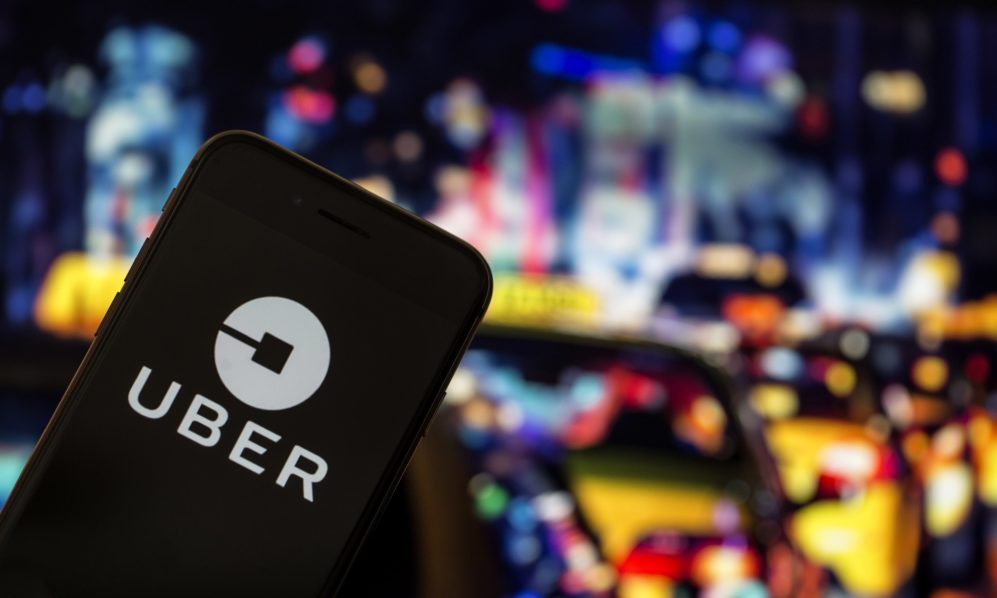
Besides, the drivers said the two app providers took unilateral decisions, fixed inequitable commissions for themselves, unhealthy trip fares and denied them the right to belong to a union.
They added that the providers blocked drivers at will without considering their hiring purchase status, showed no empathy to drivers in cases of emergency, loss of lives while on active trip and many other lopsided unethical business practices.
This is coming at a time when the new regulation by Lagos State government on ride-hailing services is set to come into effect on August 20, 2020.
The regulation, will in no turn, avail customers to pay more for the services.
This is according to a document titled, “Guidelines for Online Hailing Business Operation of Taxi in Lagos State 2020” issued by the Lagos State Ministry of Transportation.
However, the drivers, under the auspices of Professional E-Hailing Drivers & Private-Owners Association (PEDPA), said ignoble practice of the ride-sharing platform was constantly maltreating drivers and leading to poor delivery of service.
National President, PEDPA, Idris Shonuga, who spoke in Lagos yesterday, said that in Uber and Bolt agreement, it was clearly stated that the drivers’ community should be partners but unfortunately, the experience with the two app companies showed clearly that the statement was false and a vow made at wine.
Shonuga said all decisions were taken and implemented without the drivers’ community input.
He lamented that the drivers had been maliciously harassed by the two dominant, e-hailing companies to the extent that majority of the drivers have become highly demoralised.
“It should be known that these two platforms consummate over 95 per cent of e-hailing transactions in Nigeria and yet give no favourable condition to the drivers signed unto their platforms,” he said.
“Their platforms are characterized by unfavourable and highly subservient policies which have by consequence, affected drivers’ power of earning.
“We are disassociating ourselves from their failing model, even as observed in other parts of the world and we look forward to providing our esteemed clients a deserving and excellent service that will be unrivalled by the current offerings in the industry,” he said.
It was also recently gathered that, these application companies, to whom most E-hailing drivers community if not all subscribed to, have blatantly refused to comply with the government’s directives through her regulatory bodies to profile drivers and be registered as an online car hire service company under the Ministry of Transportation.
This according to him, as recently prompted the Vehicle Inspection Officer (V.I.O) to impound many of our drivers’ cars with no form of support or empathy from Uber or Bolt knowing fully well that their non-compliance is the major reason why the e-hailing drivers’ community are being targeted by the regulatory bodies.
These app companies while claiming to be an IT company with an app solution refuse to be responsible as regards their corporate responsibilities towards the Government and her citizens while constantly trampling upon those who are the supplier, face of the business (drivers) and possessor of the main capital needed for operations.
Besides, efforts to reach out to the management of Uber and Bolt to respond to the issues proved abortive as calls made were not answered by the spokespersons.
The new policy also mandates all e-hailing taxi firms to pay N25 million yearly to the state government per 1,001 vehicles for an operational licence while they will pay N10 million yearly for renewal on every 1, 001 cars in their pool.
New firms would also pay a N10 million provisional fee to the state government before starting operations.
This implies that the state government will collect taxes, licensing fees and then a percentage from every trip completed on these platforms.
The state government also makes it compulsory for all ride-hailing services to make their database accessible to the government.
The new policy comes barely months after motorcycle-hailing services like Gokada, MaxNG and O’Ride were forced to stop operations following a policy introduced by the Babajide-Sanwo-Olu administration which cost investors millions of dollars in investment.
The state government has been accused of high levies and double taxation which has often affected including start-ups.
Many unemployed Nigerian graduates have been forced to go into taxi-hailing businesses because of the high rate of unemployment and the high level of poverty which is expected to increase due to the economic crunch caused by the COVID-19 pandemic.



